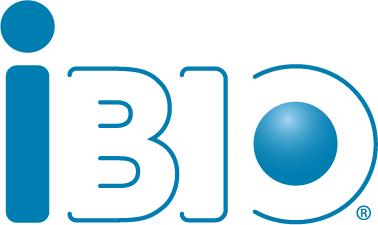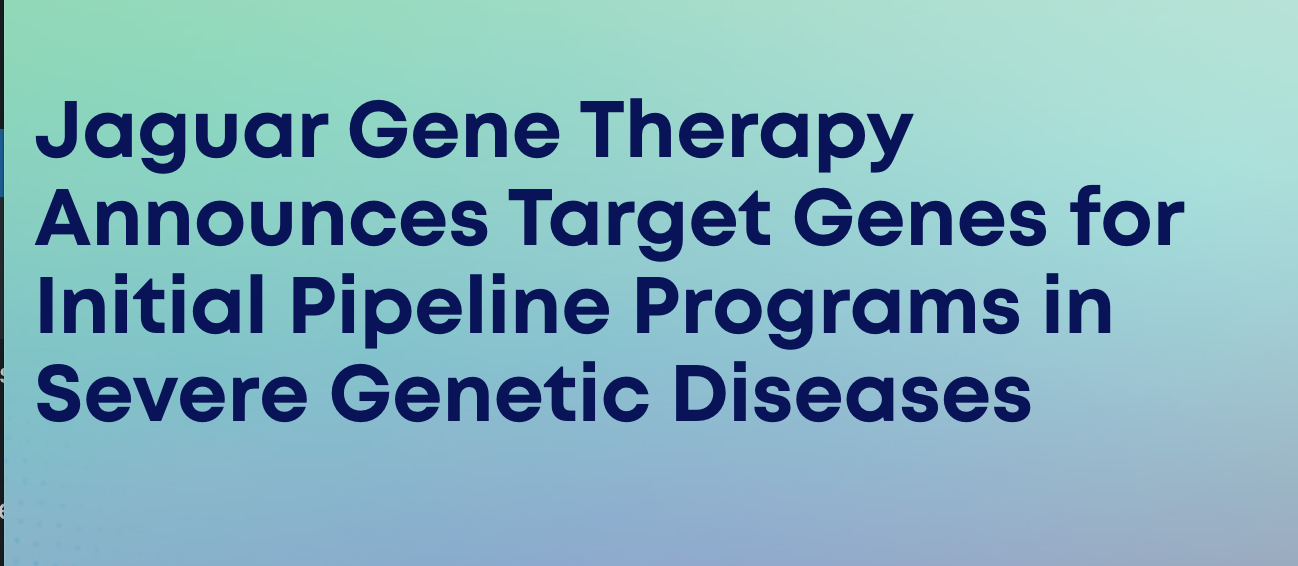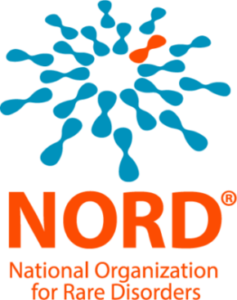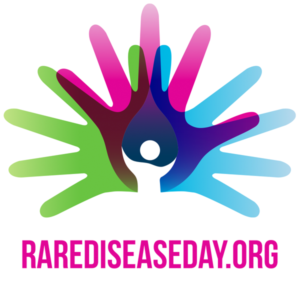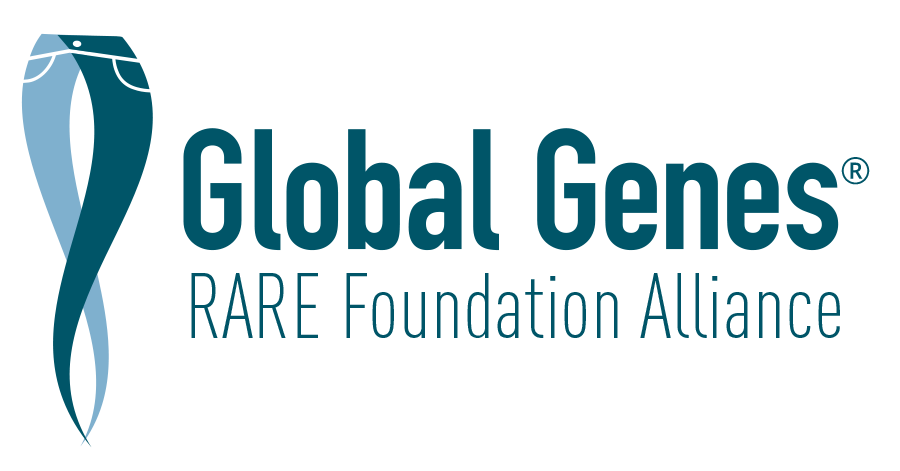Rare Diseases are diseases or conditions that affect fewer than 200,000 people. But their impact on public health is far-reaching. In total, rare diseases affect 30 million Americans.
Treatment options for rare diseases are limited and represent a significant unmet need for patients. 95% of the identified 6,000 rare diseases do not currently have an FDA-approved medicine. 85% to 90% of rare diseases are critical or life-threatening and disproportionately impact children (50%).
Patient & Care Giver Challenges
Across rare diseases, individuals and families have unique challenges they must manage daily. The inherent nature and complexities of rare diseases may delay an accurate diagnosis by more than seven years. Even after diagnosis, rare diseases pose many challenges in their treatment as patients and caregivers often have to manage complicated care schedules and medication regimens. There are also logistical challenges related to accessing care from specialists who are geographically dispersed from the patients.
Challenges to Drug Development for Rare Diseases
94% of orphan drugs in clinical trials will fail.
The development of orphan drugs is fraught with practical challenges. There may be disease-specific complexities, such as poor understanding of the natural history of the therapeutic indication due to little information about disease progression, geographical dispersion of a small number of patients, and the relative scarcity of published clinical trials to inform study execution.
Companies Fighting Rare Diseases
We have seen remarkable progress in the fight against rare diseases over the past decade, providing treatment options to patients for the first time.
The iBIO member companies fighting rare diseases have the resources, expertise, and infrastructure to make a more meaningful impact for rare disease communities.
Here are some of the iBIO Members focused on rare diseases and their commitment to their patient communities.
Public Policies Play an Important Role in Fostering Future Orphan Drug Innovation
Sustained R&D investment in rare disease drug development supported by the 1983 Orphan Drug Act (ODA), is now driving rapid growth in later-stage clinical activity.
Since Congress passed ODA in 1983 , more than 800 new orphan therapies have been approved by the FDA. But millions of patients with rare diseases are still waiting for new medicines.
In addition to the crucial incentives provided by the ODA, three policy areas are critical for supporting continued investment in biopharmaceutical discovery and development efforts, including orphan drugs:
- Strong intellectual property protections
- A well-functioning, science-based regulatory system
- Coverage and payment policies that support and encourage medical innovation
THERE ARE OVER
RARE DISEASES
%
OF RARE DISEASES ARE GENETIC
AN ESTIMATED
MILLION AMERICANS HAVE A RARE DISEASE
%
OF GENETIC RARE DISEASES START IN CHILDHOOD
Source: PhRMA Rare Disease Chart Pack
MEET THE COMPANIES FIGHTING RARE DISEASES
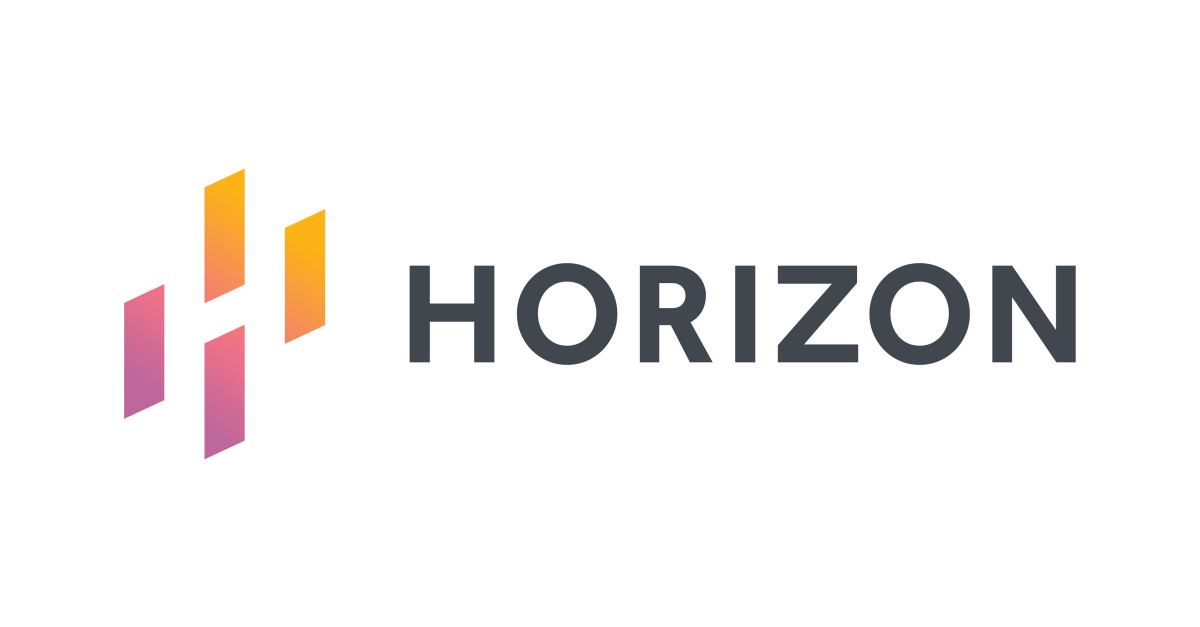
Horizon Therapeutics plc is a biotechnology company focused on researching, developing, and commercializing medicines that address critical needs for people impacted by rare and rheumatic diseases.
COMMITMENT TO PATIENTS
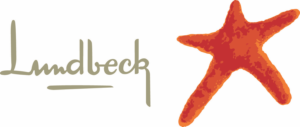
Lundbeck, a global biopharmaceutical company based in Denmark with U.S. headquarters in Deerfield, Illinois, is tirelessly dedicated to restoring brain health, so every person can be their best. Lundbeck has a long heritage of innovation in neuroscience and is focused on delivering transformative treatments, including therapies for brain diseases for which there are few, if any, treatment options, and niche diseases affecting subpopulations of people where there is a high, unmet medical need.
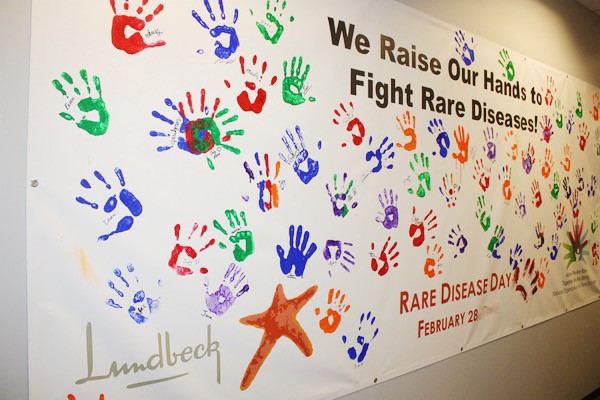
Lundbeck considers itself an instigator of progress, understanding its commitment to rare diseases creates opportunity for other companies to enter the space. And that advances research and care for rare communities.

Xeris—a growing biotech with a focus on meeting the needs of patients grappling with rare diseases—is again building Illinois as a dynamic biotech and rare disease hub. In the last year, the company has celebrated an FDA product approval and launch and has just completed its acquisition of Strongbridge Biopharma. With headquarters one block from Chicago’s City Hall and a pharmaceutical development center in Fulton market, the company today markets 3 biopharma products and employs more than 300 people.
Xeris’ 2 rare disease products are the just approved Recorlev (levoketoconazole) and Keveyis (dichlorphenamide).
- Recorlev (levoketoconazole) received FDA approval in December and, as of January 31, 2022, is commercially available for the treatment of endogenous hypercortisolemia in adult patients with Cushing’s syndrome for whom surgery is not an option or has not been curative.
- Keveyis (dichlorphenamide) is the first and only FDA-approved therapy for primary periodic paralysis. It is estimated that there are only about 5,000 patients in the US that have this ultra-rare neuromuscular condition.
Xeris is focused on meeting the needs of the rare disease community by ensuring access to treatment and providing comprehensive and customized white-glove services to patients and physicians throughout the entire rare disease treatment journey through Xeris CareConnection.
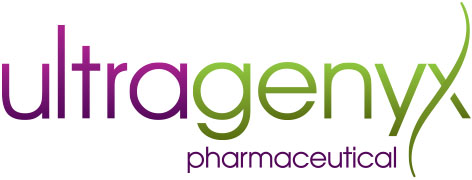
Ultragenyx is a biopharmaceutical company involved in the R&D of novel products for treatment of rare and ultra-rare genetic diseases such as Angelman syndrome and X-linked hypophosphatemia.
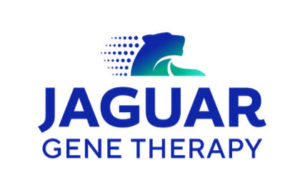
Jaguar Gene Therapy’s mission is to accelerate breakthroughs in gene therapy for patients suffering from severe genetic diseases. We built the company on a foundation of four elements that will allow us to deliver for patients – our team of experts, our initial pipeline, our confidence in the well-characterized AAV platform and our partnership with Deerfield Management.

Novartis Gene Therapies is dedicated to developing and commercializing gene therapies for patients and families devastated by rare and life-threatening neurological genetic diseases.
We are headquartered in Bannockburn, IL with another location in Deerfield, IL.
